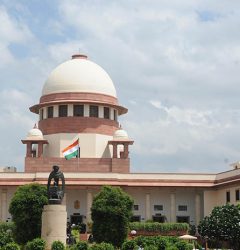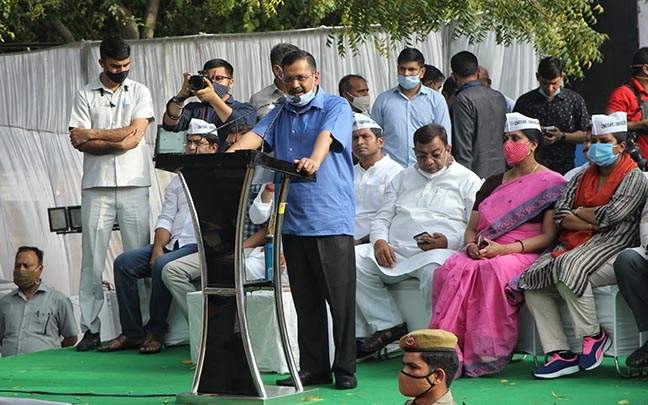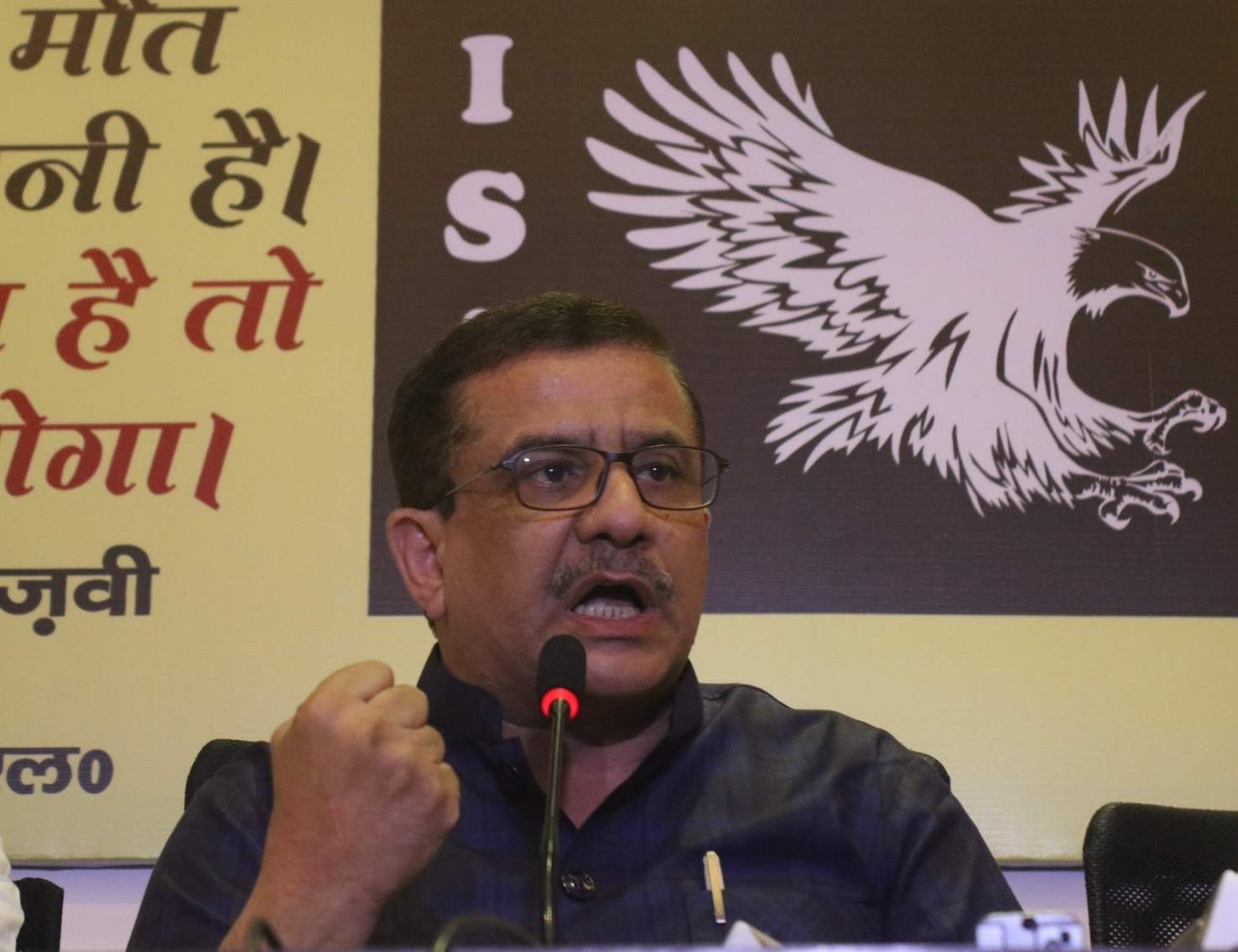New Delhi, April 25 Amid the ongoing debate over the Waqf Amendment Act, the Central Government has filed its detailed reply in the Supreme Court. The Central Government has clarified why a change in the Waqf Act was necessary.
The government said that despite registration being necessary under the Waqf by User provision since 1923, it was misused and private and government properties were declared Waqf, which was necessary to stop.
The Central Government said that by ending the system of Waqf by User, the right of the Muslim community to do Waqf has not been taken away, but the misuse of the law has been curbed.
The government also alleged that the petitioners challenging this law are trying to mislead the court.
According to the information given to the JPC (Joint Parliamentary Committee) on September 5, 2024, 5,975 government properties had been declared Waqf. The government says that under the old law, Waqf by User had become a “safe haven” from where government and private properties could be grabbed.
The government told the court that it is a settled legal position that the court should not stay laws made by Parliament without a detailed hearing.
According to the government, there has been a 116-fold increase in Waqf property since 2016. The Center clarified that the Waqf Board is not a Muslim religious institution. The amendment made in it is in accordance with the Constitution. There has been no violation of fundamental rights in this.
The government also informed that out of 22 members in the Waqf Council and Waqf Board, a maximum of two can be non-Muslims, which is a sign of inclusive representation.
The government also said in its reply that for the last 100 years, Waqf by User has been happening under the registration process and not verbally. The court will now take a decision after a full hearing of the case.









